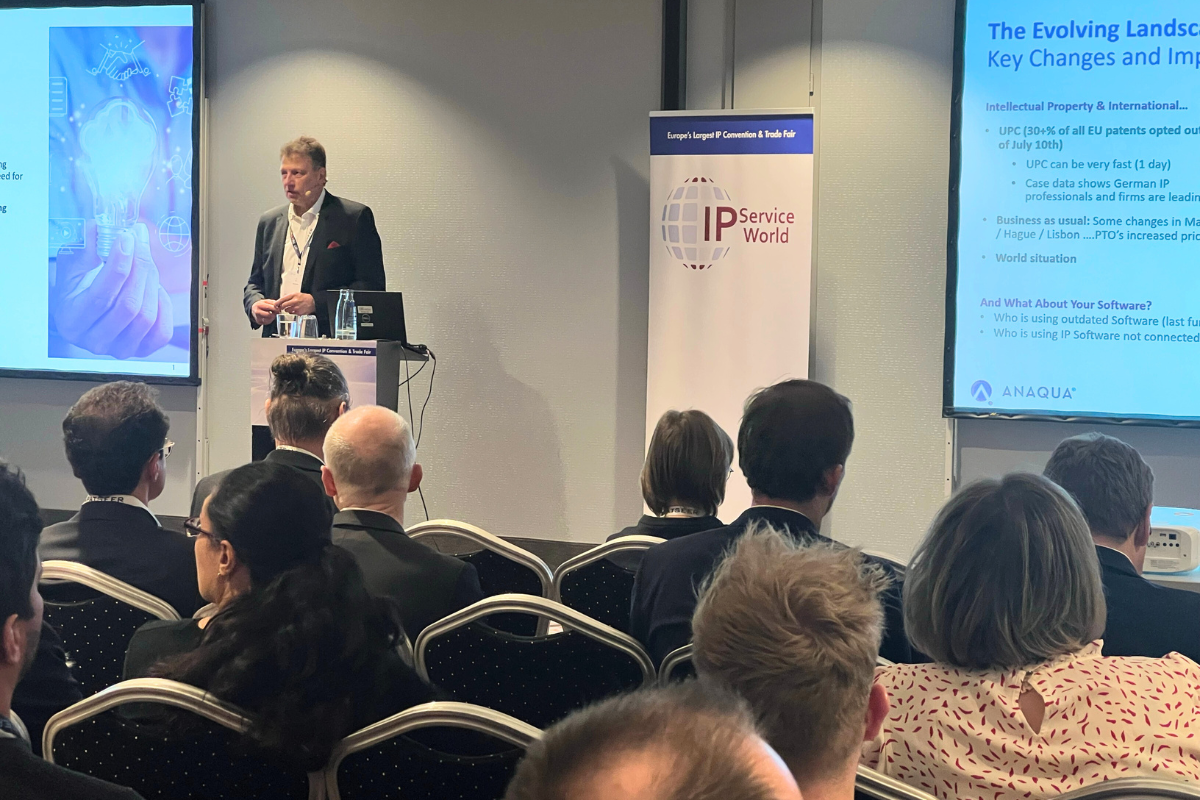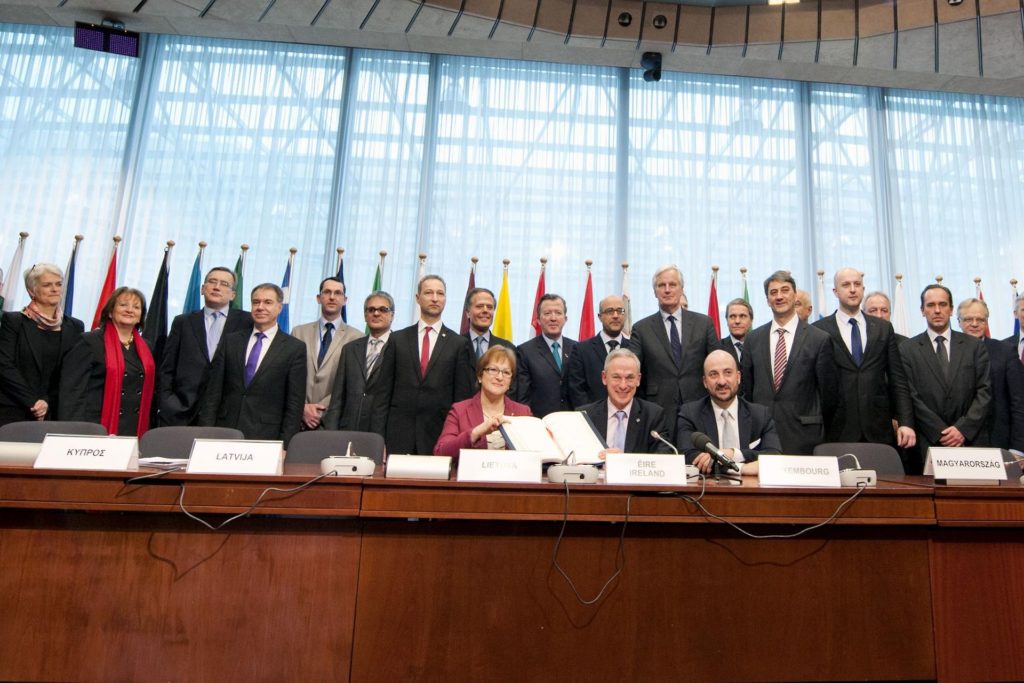The idea of the European Patent with Unitary Effect with an associated Unified Patent Court (UPC) aims to harmonise EU patent law and to avoid that a patent holder has to litigate for the same patent in several EU countries. The reform, planned from 2013 onwards, also promises significant savings in translation costs and renewal fees, especially for companies that decide to apply for a patent in several countries. But the project has suffered a number of setbacks this year: First, as a result of the Brexit, the UK government announced that it would not participate in the UPC, then the Federal Constitutional Court annulled the German approval of the Patent Court.
Questionable Participation by Germany and the United Kingdom
A UK government spokesman said literally in February: „Participating in a court that applies EU law and bound by the CJEU is inconsistent with our aims of becoming an independent self-governing nation“. The British parliament had already ratified the UPC agreement in 2018. In the case of the German approval, however, the constitutional judges criticised in March that the approval act for the UPC would have required a two-thirds majority in parliament. At the vote in April 2017, however, only a small fraction of the members of the Bundestag were present. Therefore, the consent was invalid.
Due to these developments, the UPC project is still on hold: the ratification of the three largest patent applicants Germany, France and the United Kingdom was previously considered an absolute prerequisite for the entry into force of the unified patent system. The European Patent Office (EPA) previously expected that the UPC would be able to start work by the end of this year. But this now seems more uncertain than ever due to developments in Germany and the United Kingdom.
The Federal Government Wants to Hold on to the UPC
The German government has already stated that it intends to stick to the plan and vote again on a law on European patent reform. Many EU member states want to adhere to the UPC: a single patent that covers almost all of Europe and is automatically valid in all participating states would be very attractive for companies and can therefore count on the support of industry. The project should therefore not yet be written off completely.
Revising the Agreement Probably Necessary
However, a revision of the agreement seems necessary, as the withdrawal of the United Kingdom also requires a decision on a new seat of the UPC. An office of the Patent Court was previously planned in London, but this will be a difficult challenge given the current political circumstances.
It is clear that the simplification of the European patent system, which has been sought for years, is still a long way off. Without the participation of all the countries originally planned, some of the impact will be lost. However, if the United Kingdom’s withdrawal is the only option and the Bundestag agrees by a two-thirds majority in a second attempt, the unitary patent could still provide coverage in many remaining EU countries. In any case, patent protection in the United Kingdom will continue to be available separately via the European Patent Office.
Weitere Lektüre




